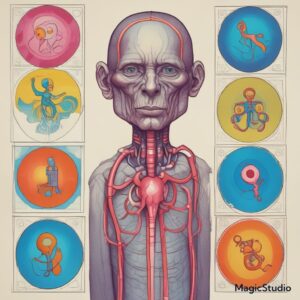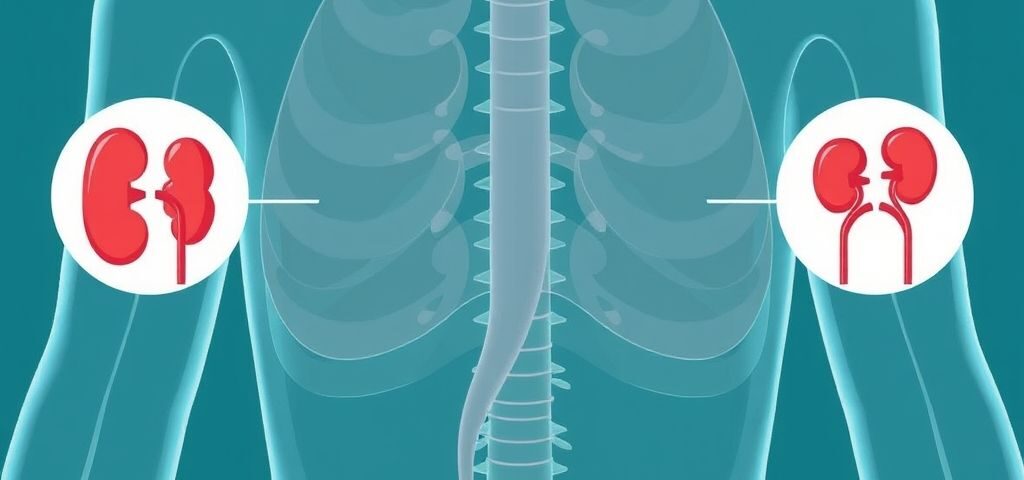Your kidneys are like silent superheroes, filtering waste, balancing fluids, and keeping your body clean — all without you even noticing. But when they start to fail, they often do it quietly. That’s why recognizing the early warning signs of kidney disease is so crucial. 3 Early Warning Signs of Kidney Disease
Catching kidney problems early can make a huge difference. Let’s break down the 3 main early warning signs you should never ignore.
1. Changes in Urination
This is often the first noticeable sign that something’s wrong with your kidneys.
What to Look For:
Urinating more or less than usual
Waking up often at night to urinate
Foamy or bubbly urine (indicates protein in the urine)
Blood in urine (pink or cola-colored)
Pain or difficulty while urinating
Why it matters: Your kidneys regulate urine. If they’re damaged, you’ll notice changes in how often and how easily you pee — and in what your urine looks like.
2. Swelling in the Body (Edema)
When your kidneys stop functioning properly, they can’t remove excess fluid and salt from your body. This leads to fluid retention.
Common Areas for Swelling:
Feet and ankles
Legs
Hands
Face (especially around the eyes)
This swelling — known as edema — might seem harmless at first but can be a serious sign of reduced kidney function.

3. Fatigue and Weakness
Feeling constantly drained even after a good night’s sleep? It might be more than just a busy schedule.
When your kidneys fail to filter waste properly, toxins build up in the blood. This can lead to:
Low energy levels
Difficulty concentrating (brain fog)
Shortness of breath
General weakness
Pale skin from anemia
Your kidneys also help make erythropoietin, a hormone that stimulates red blood cell production. Fewer red blood cells = less oxygen to your body = more fatigue.
Why Early Detection Matters
Here’s the deal: Chronic Kidney Disease (CKD) often progresses without symptoms until significant damage has occurred.
Catching it early means you can:
Slow or stop disease progression
Prevent complications like high blood pressure, anemia, and heart disease
Avoid or delay dialysis or a kidney transplant

When to See a Doctor
Don’t wait for things to get worse. If you notice any of these early signs — especially if you have risk factors like diabetes, high blood pressure, or a family history of kidney disease — talk to your healthcare provider.
They may recommend:
Blood tests (creatinine, eGFR)
Urine tests (albumin levels)
Blood pressure monitoring
Kidney imaging (ultrasound or CT scan)
Conclusion
So, what are the 3 early warning signs of kidney disease?
Changes in urination
Swelling in the body (especially legs, feet, or face)
Fatigue and unexplained weakness
These signs might seem minor, but your kidneys could be trying to tell you something important. Listen to your body — and act early.
FAQs
- Can kidney disease be reversed if caught early?
While chronic kidney disease can’t be reversed, early detection can slow or stop its progression with the right lifestyle changes and medical care. - What foods are hard on the kidneys?
High-sodium foods, processed meats, excessive protein, and foods high in potassium or phosphorus can stress the kidneys, especially in later stages of CKD. - Are frequent urination and foamy urine serious?
Yes, they could be early signs of kidney damage or other urinary tract issues. Get evaluated by a doctor. - How often should kidney function be tested?
If you’re at risk (e.g., diabetic, hypertensive, or over 60), aim for at least once a year. - Can dehydration cause kidney problems?
Yes. Chronic dehydration reduces blood flow to the kidneys and can cause damage over time. Stay hydrated!

